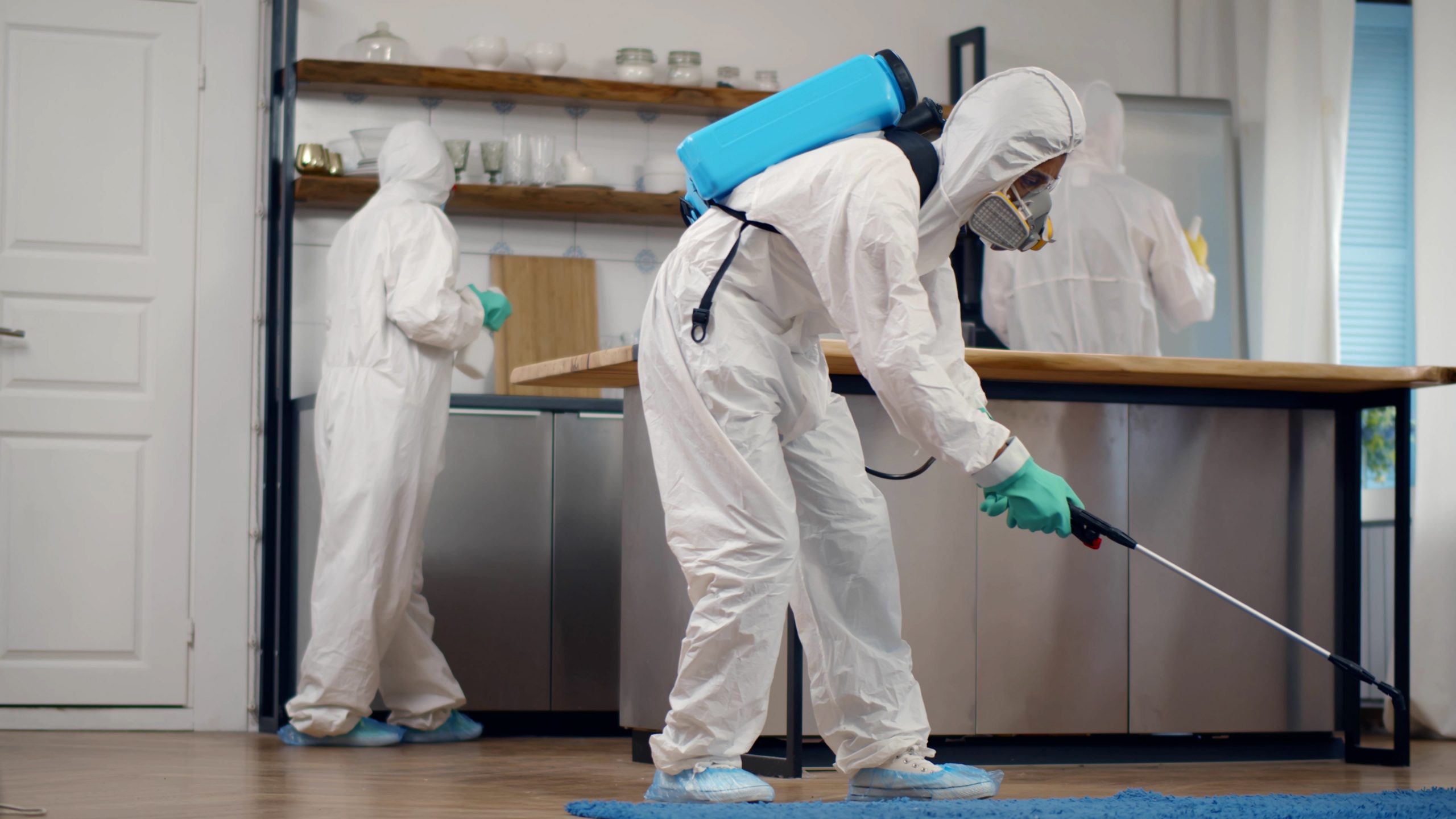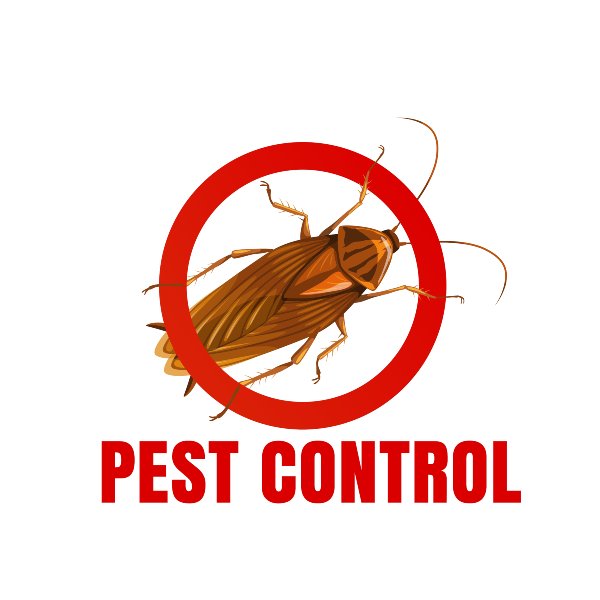Safe and Reputable Pest Control for Lasting Security
Efficient insect management requires a multifaceted strategy that stabilizes environmental stability with the requirement for efficient bug reductions. The nuances of these techniques might not be immediately clear, prompting a better evaluation of the techniques that can lead to lasting bug control results.
Recognizing Pest Control Methods
Insect control includes a selection of approaches focused on handling and eradicating unwanted bugs and rats that can intimidate both wellness and residential property. Understanding these approaches is important for efficient insect management.
The primary groups of bug control techniques include mechanical, biological, and chemical strategies. Mechanical techniques involve physical barriers and catches to stop pest entrance and capture undesirable species. Using screens on home windows or employing sticky traps can dramatically reduce insect populaces without presenting hazardous materials - exterminator coquitlam.

Chemical pest control is commonly one of the most recognized approach, utilizing chemicals to remove parasites. These chemicals can be efficient yet have to be made use of with care to avoid unfavorable effects on non-target species and the atmosphere.
Benefits of Eco-Friendly Solutions
How can environment-friendly options change bug control methods? The adoption of environmentally friendly pest control methods supplies countless advantages, significantly enhancing the performance and safety of pest monitoring (exterminator coquitlam). These remedies use natural active ingredients, minimizing the reliance on unsafe chemicals that can present risks to human wellness and the atmosphere. This change not only protects family members and animals but additionally reduces the possibility for soil and water contamination.

One more benefit is the positive effect on neighborhood biodiversity. Environment-friendly services are created to target specific bugs while maintaining helpful insects and wild animals, promoting a well balanced ecological community. This method aligns with the expanding consumer demand for sustainable practices, improving the track record of insect control companies.
Integrated Parasite Management Methods
The implementation of environment-friendly solutions normally brings about the fostering of Integrated Bug Monitoring (IPM) strategies, which further enhance pest control efficacy. IPM is a holistic approach that incorporates several techniques to handle insect populations while decreasing ecological effect. This technique emphasizes the usage of organic, cultural, mechanical, and chemical controls, ensuring a sustainable and balanced approach of bug administration.
One fundamental aspect of IPM is the extensive evaluation of pest task and environmental conditions. By keeping an eye on bug populaces and determining their life cycles, practitioners can execute targeted interventions that interrupt the parasite's environment or lifecycle, decreasing reliance on chemical pesticides. Furthermore, social methods such as crop turning and habitat control can substantially diminish bug establishment and recreation.
Another essential element is the usage of biological control representatives, such as helpful insects or microbes, which can naturally reduce parasite populations. When chemical applications are essential, IPM prioritizes making use of low-risk chemicals and uses them selectively, decreasing exposure to non-target organisms and people.
Including IPM techniques not just improves bug control effectiveness however additionally advertises a safer environment, aligning with the expanding need for sustainable methods in parasite administration.
Safe Practices for Home Owners
Comprehending the relevance of safe techniques in bug control can empower house owners to successfully take care of pest concerns while protecting their wellness and the environment. Implementing non-toxic techniques and preventative actions is vital in reducing exposure to damaging chemicals.
Homeowners ought to first assess their environment for problems that draw in insects, such as standing clutter, food, and water waste. Consistently cleansing and sealing entry factors can discourage pests from attacking the home. Making use of natural deterrents, such as important oils or diatomaceous planet, can supply effective choices to chemical pesticides.
When chemical therapies are necessary, homeowners must opt for items that are particularly labeled as secure for property use. It is necessary to comply with application standards thoroughly to avoid too much exposure. Utilizing targeted therapies in areas where bugs are identified, rather than covering spraying, termite problem can substantially lower chemical use.
Last but not least, maintaining open interaction with parasite control professionals is crucial. Homeowners must ask about the security of items used and request green options whenever feasible. By taking on these safe methods, home owners can create a much healthier living atmosphere while properly handling pest concerns.

Tips for Long-Term Defense
Developing a parasite management technique that stresses long-term security can substantially enhance the efficiency of the secure practices previously gone over. To achieve this, home owners should carry out regular examinations of their property, concentrating on hidden areas such as attics, basements, and crawl spaces. Early detection of pest activity is important in stopping invasions from taking hold.
These practices lower attractants that draw pests right into the home. Sealing access points, such as cracks raccoon pest control around doors and windows, can properly block prospective pest access.
Landscaping should additionally be taken into consideration; keeping plants trimmed and maintaining a range between plant life and the home reduces concealing areas for parasites. Using all-natural deterrents, such as necessary oils or diatomaceous earth, can additionally discourage invasions without considering severe chemicals.
Last but not least, working together with a specialist insect control solution for regular evaluations can supply an added layer of safety and security. These specialists can offer tailored referrals and advanced treatments, making certain that your home remains secured versus pests in the long term.
Verdict
In conclusion, risk-free and reliable pest control requires a diverse strategy that emphasizes green methods and integrated parasite management. By carrying out natural deterrents, carrying out normal examinations, and preserving correct hygiene, residential property owners can substantially lower parasite populaces while protecting helpful pests and the setting. Collaboration with professional bug control solutions boosts the effectiveness of these methods, making certain customized remedies that give lasting protection and comfort against future invasions.
Effective pest management requires a multifaceted method that balances ecological integrity with the need for reliable insect suppression. The fostering of green parasite control techniques provides numerous advantages, substantially improving the effectiveness and safety of parasite go to these guys administration.The implementation of eco-friendly options naturally leads to the fostering of Integrated Bug Administration (IPM) approaches, which additionally enhance parasite control effectiveness. exterminator coquitlam. By checking insect populaces and determining their life cycles, practitioners can apply targeted interventions that interrupt the parasite's habitat or lifecycle, reducing reliance on chemical pesticides.In conclusion, trusted and risk-free parasite control needs a multifaceted strategy that highlights environmentally friendly methods and incorporated bug administration